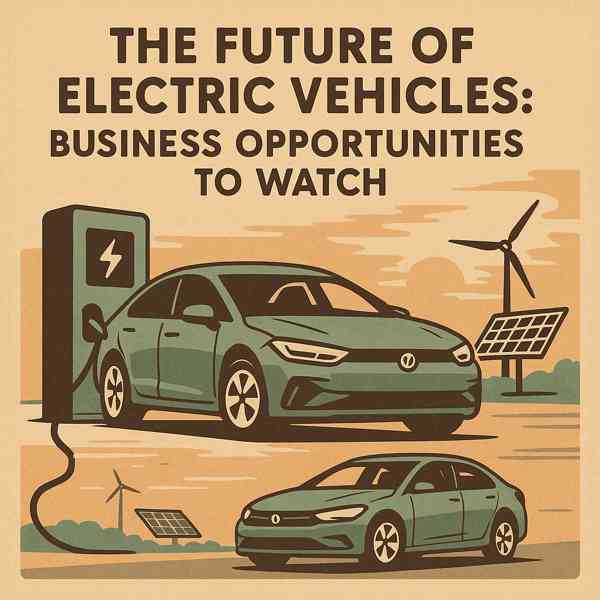From Gas to Green: Why EVs Matter
From Gas to Green: Why EVs Matter
Blog Article

Electric vehicles (EVs) are transforming the way we think about transportation.
From compact cars and SUVs to trucks and motorcycles, EVs are available in more models than ever.
What Are Electric Vehicles?
Unlike gasoline-powered cars, EVs produce zero tailpipe emissions.
Key components of EVs include:
- Replaces the internal combustion engine
- Stores the electrical energy
- Power electronics
- Charging system
Electric vehicles come in various types, such as battery electric vehicles (BEVs)—each with different levels of electrification.
Advantages of Going Electric
The rise of electric vehicles is fueled by their positive environmental impact.
What makes EVs attractive:
- Lower operating costs
- Helps fight climate change
- Less noise and vibration
- Government incentives and tax credits
For eco-conscious and cost-aware drivers, electric vehicles are an increasingly forward-thinking choice.
Limitations to Consider
Despite the growing popularity of EVs, they still face some challenges that buyers should consider.
EV challenges to consider:
- Shorter range compared to gas vehicles
- Charging infrastructure gaps
- Though often offset by long-term savings
- Battery lifespan and replacement
As technology advances and infrastructure improves, many of these challenges are becoming more acceptable.
Types of Electric Vehicles
EVs vary by power source, range, and usage.
Categories of electric vehicles:
- Run only on electricity
- Electric motor with backup gasoline engine
- Self-charges through regenerative braking
- Use hydrogen to generate electricity
Each type has its pros and cons, so buyers should choose accordingly.
EV Charging and Infrastructure
There are multiple charging levels and methods depending on your daily usage.
Main EV charging options include:
- Standard household outlet
- Faster and ideal for daily use
- DC Fast Charging
- Charging without cables
As public charging networks expand, EV owners will enjoy even more freedom, flexibility, and convenience.
What’s Next for EVs?
As governments push for cleaner energy and manufacturers invest in innovation, the future of EVs looks bright.
Where EVs are going:
- Higher energy density and faster charging
- Turning cars into energy assets
- The future of hands-free travel
- Expansion of affordable EV models
As innovation continues, EVs will become more mainstream and essential.
Final Thoughts on Electric Vehicles
Electric vehicles represent a major shift in how we think here about energy use.
From environmental benefits to cutting-edge tech, electric vehicles offer a powerful alternative to traditional cars.
Report this page